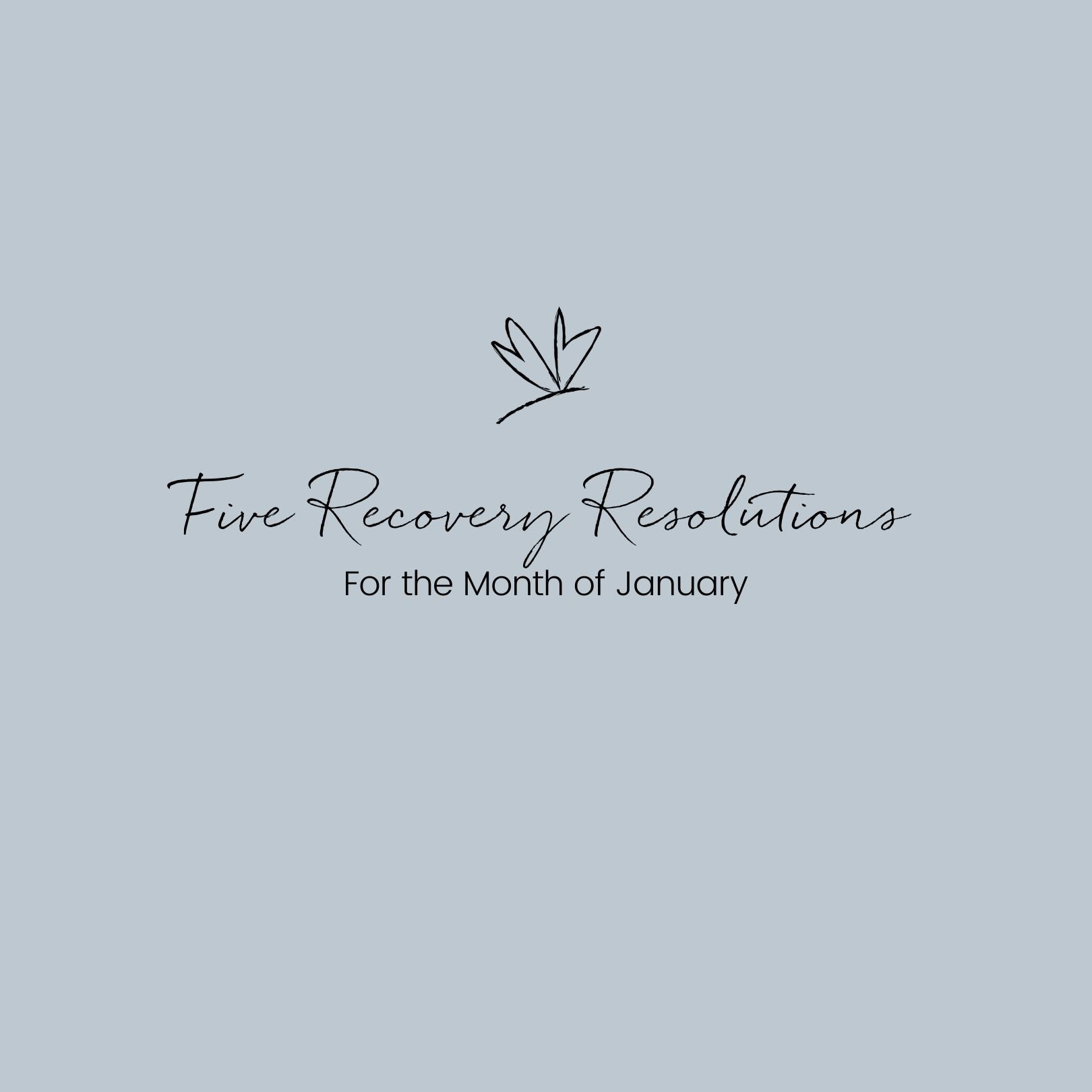Is My Voice Less Relevant Later in Recovery?
In this really insightful first-person article - with the benefit of both lived experience eating disorder sufferer, and as a doctor - we cover the distinctly different need to share your voice in a bid to get treatment when you're 'later into recovery.
From the point of view of both a doctor and a patient, I know that often we do a disservice to people with eating disorders.
Eating disorder treatment is getting better at identifying people early in their illness.
This is after years of people feeling as though they were told to “go away and come back when you’re sicker”.
Now, thankfully, initiatives like FREED (freedfromed.co.uk/) are specifically aimed at young people in their first episode of an eating disorder.
Nationally, there is a slow shift towards community ED services offering treatment based on symptomatology rather than an arbitrary weight criteria.
About time too.
Where there is less support, however, is for those of us reaching the later stages in recovery.
It’s understandable that resources are directed at the most unwell patients, or for early intervention.
But even if you can see the light at the end of the tunnel, you don’t need the rug pulling out from underneath you.
Because eating disorders tend to have a high rate of relapse, the last 100 meters of recovery is exactly where we need more support. It would save services more money in the long term, so why are provisions still lacking?
Well, most bluntly, all of healthcare is about rationing.
Even more so within stretched NHS services. More intensive treatment is directed at preventing death and disability in higher risk groups of every illness.
This model is effective in physical illness, where remission of the disease (for example, ulcerative colitis), is less likely to be undermined by feelings of abandonment by services.
Along the same lines, remission from a physical illness like ulcerative colitis is more easily quantifiable. Blood tests, bowel movement charts and pain levels can all reliably show how the body is responding to a drug. But how can we really gauge treatment response for eating disorders? Yes, I’m gaining weight; I’m not purging; I’m even going back to work; but how on earth can I express all the other uncertainties and doubts I’m left with.
On top of this, many people with eating disorders are often perfectionistic and independent.
We desperately want to be the ideal patient who doesn’t cause a fuss and gets on with recovering exactly how it’s laid out for us.
Lack of awareness of the severity of an eating disorder (anosognosia) can also mean that we race to leave treatment, without truly understanding what a bad situation we were in, and how best to avoid it.
In medicine, we understand that ill people fit into the “sick role”. This comprises of four postulates:
- The individual is not responsible for assuming the sick role.
- The sick person is exempted from normal societal responsibility (work, family commitments)
- The sick person must try to get well – the sick role is a temporary phase.
- In order to get well, the sick person needs to seek and submit to appropriate medical care.
We as doctors are so worried about patients getting stuck in the “prolonged sick role” that we are deeply uncomfortable about patients asking for extensions of their treatment or permission to relieve their responsibilities.
Though we take any patient’s attempts at getting well and moving on from their illness seriously, the scarcity environment that mental health services operate under has made us wary of anyone who seems to be too cautious to reduce their level of care.
For patients with eating disorders, this can feel confusing and invalidating.
Once again, we are trying to jump through the hoops of sick enough but not too sick.
The sick role model is more distorted by the fact that many people with eating disorders are not exempted from responsibilities; they continue to work and care and push themselves far beyond what is safe.
Similarly, someone with an eating disorder does not want to seek medical help or try to get well – that can feel too scary or overwhelming.
So, after all this analysis and pessimism, what can people in the later stages of recovery do when they begin to loosen their grip on mental health services?
- Use your voice. If you’re apprehensive, scared of slipping back, or struggling with ongoing symptoms – tell your team. Eating disorder specialists are only human and cannot know that you don’t feel ready for discharge preparation unless you tell them. A certain level of anxiety is normal, and your team will help you be able to rationalise and manage your fears.
- Start to build up your well self. If you spend 80% of your waking day working on ED recovery and attending appointments, life will feel terrifyingly empty when you move on from this stage. Before you finish therapy or any other treatment, begin to build in your hobbies, social situations and planning going back to work (if you had to take time off). This will give you opportunity to find out which activities are more challenging, and how you can safeguard against the ED creeping back in.
- Embrace the chaos. Going back to a seemingly normal life in a seemingly healthy body can make you feel like you’re living a double life. Having to pretend that you’re totally fine and not at all scared by the family roast dinner is exhausting. Just because you’re no longer checking in with a mental health team regularly doesn’t mean that you have to be completely sorted out. You will still struggle and these struggles are no less real just because you look better. The difference is that now you can take these struggles and overcome them with the tools you’ve learnt in treatment.
- Get a new “team”. Okay, so you no longer have a nurse or a therapist checking up on you, but this doesn’t mean you are alone. The black and white thinking that goes along with eating disorders may have you believe you have to be fully independent, but this is entirely false. Your sister, your partner, your best friend – these can all be your confident. Tell your boss and see if they can make some changes so you can eat your lunch confidently. Often, formal ED treatment is just the beginning of a healing journey. Mental health coaching, counselling, trauma work and meditation can all augment and solidify the hard work you’ve made to this point.
- Apr 2022





